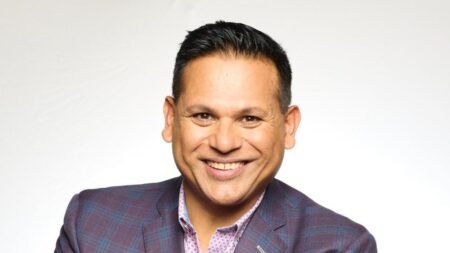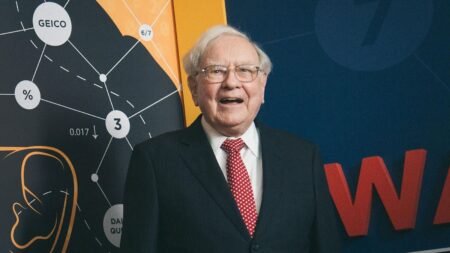In a recent article, Michael Shribman, the president and founder of APS Global Partners Inc. and Medias Health Inc., delves into the importance of having difficult conversations in the workplace. These conversations, whether addressing performance issues, resolving conflicts, or delivering critical feedback, are essential for maintaining a productive and harmonious work environment. Shribman highlights the significance of difficult conversations for conflict resolution, performance improvement, building trust, and fostering innovation and growth within teams.
Despite their importance, many individuals may shy away from difficult conversations due to common barriers such as fear of conflict, lack of communication skills, emotional involvement, and uncertainty of outcomes. Understanding these barriers is crucial in developing strategies to overcome them. Shribman emphasizes the importance of preparing thoroughly, choosing the right time and place, adopting a collaborative approach, practicing active listening, staying calm and composed, using “I” statements, focusing on solutions, and following up after the conversation.
Shribman shares a personal anecdote from his career where he successfully navigated a difficult conversation between two top performers in his sales team. By applying the strategies mentioned above, he was able to address conflicts and improve communication within the team effectively. This experience taught him valuable lessons about empathy, clarity, continuous improvement, and the importance of follow-up in handling difficult conversations in the workplace.
By mastering the art of difficult conversations, leaders can create a culture of open communication, mutual respect, and continuous improvement within their teams and organizations. Through thorough preparation, active listening, maintaining composure, and focusing on collaborative solutions, leaders can navigate difficult conversations with confidence and empathy, ultimately driving the success and well-being of their teams and organizations. Shribman’s insights highlight the importance of difficult conversations in effective leadership and promoting a healthy work environment.












